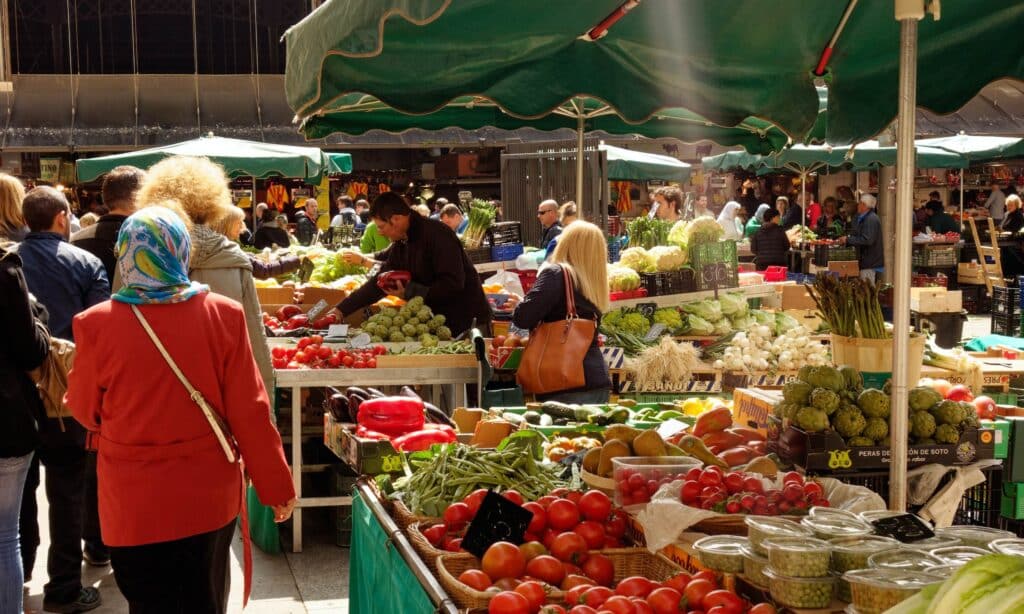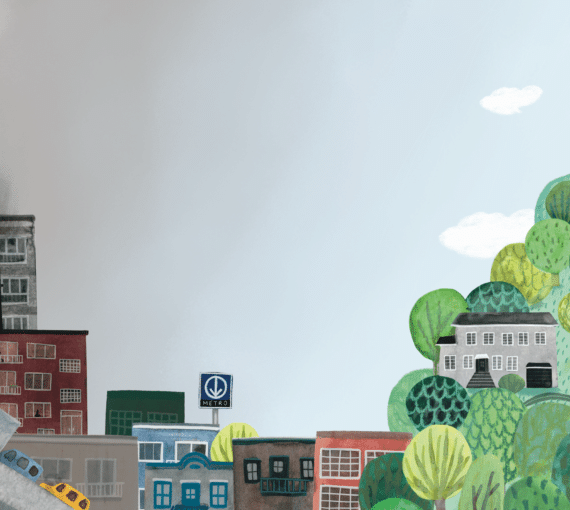
WEAll Can aims to bridge concerns about environmental sustainability and social inequality by building a dynamic network committed to reshaping the economy to prioritize the wellbeing of people and planet. (Photo: Didier Provost via Unsplash)
What is the Wellbeing Economy?
Our era is characterized by growing concerns about environmental sustainability and social inequality. The Wellbeing Economies Alliance for Canada and Sovereign Indigenous Nations (WEAll Can) aims to bridge these concerns by building a dynamic network committed to reshaping the economy to prioritize the wellbeing of people and planet.
Canada currently measures economic success through growth, or gross domestic product, but this metric was devised during the Second World War to measure our contributions to the war effort. This shows us how outdated the model is and why new ways of measuring wellness can help positive change flourish.
The Kingdom of Bhutan was the first country to test a “gross national happiness” index in 2008. Countries around the world have followed suit, with New Zealand joining in 2019. Although Canada has not made concrete commitments, the federal government is exploring what wellbeing can look like through a “quality of life” framework introduced in 2020-21.
WEAll, or the Wellbeing Economy Alliance, is a global collaboration that brings together organizations, alliances, movements and people from around the world, all working toward the common goals of reimagining the economic system to deliver wellbeing for everyone and ensuring the planet remains robust and sustainable.
WEAll Can represents a vital regional hub within the larger WEAll network. WEAll, or the Wellbeing Economy Alliance, is a global collaboration that brings together organizations, alliances, movements and people from around the world, all working toward the common goals of reimagining the economic system to deliver wellbeing for everyone and ensuring the planet remains robust and sustainable. At its core, WEAll challenges traditional economic growth models and advocates for a more holistic and inclusive approach that places human wellbeing and planetary health at the forefront of prosperity.
A wellbeing economy is built on five components: fairness, participation, nature, purpose and dignity. These values challenge the traditional GDP model and aim to encourage people to think about circularity and shifting from unsustainable resource extraction to renewables. In addition, it recognizes the importance of diversity by learning from Indigenous-led conservation practices and communities that have been implementing wellbeing practices around the world. Some examples of communities that have been incorporating wellbeing principles include the city of Ghent in Belgium working toward integrating “doughnut” economics within its policies and Thailand integrating a “sufficient economy philosophy” that emphasizes moderation and resilience within communities.
How is WEAll Can leading Canada’s wellbeing economy movement?
The David Suzuki Foundation is thrilled to be a founding member of WEAll, and lead facilitator of WEAll Can.
Our work
Our core team is redesigning the alliance’s governance structure to ensure that principles of inclusivity and equity are integrated within the network. If you would like to learn more, you can subscribe to our WEAll Can monthly newsletter here.
We are committed to fostering collaboration and leadership across diverse sectors and communities. If you would like to learn more about the work we have done so far, or are curious about the team, check out some of the links below:
- Northern Woods Summit, 2022 report and video summarizes the outcomes of six weeks of dialogue questioning the underpinnings of our economy.
- Design Lab, 2020 allowed professionals to reimagine and co-create the purpose of Canada’s economic system.
Related Projects
Always grounded in sound evidence, the David Suzuki Foundation empowers people to take action in their communities on the environmental challenges we collectively face.



